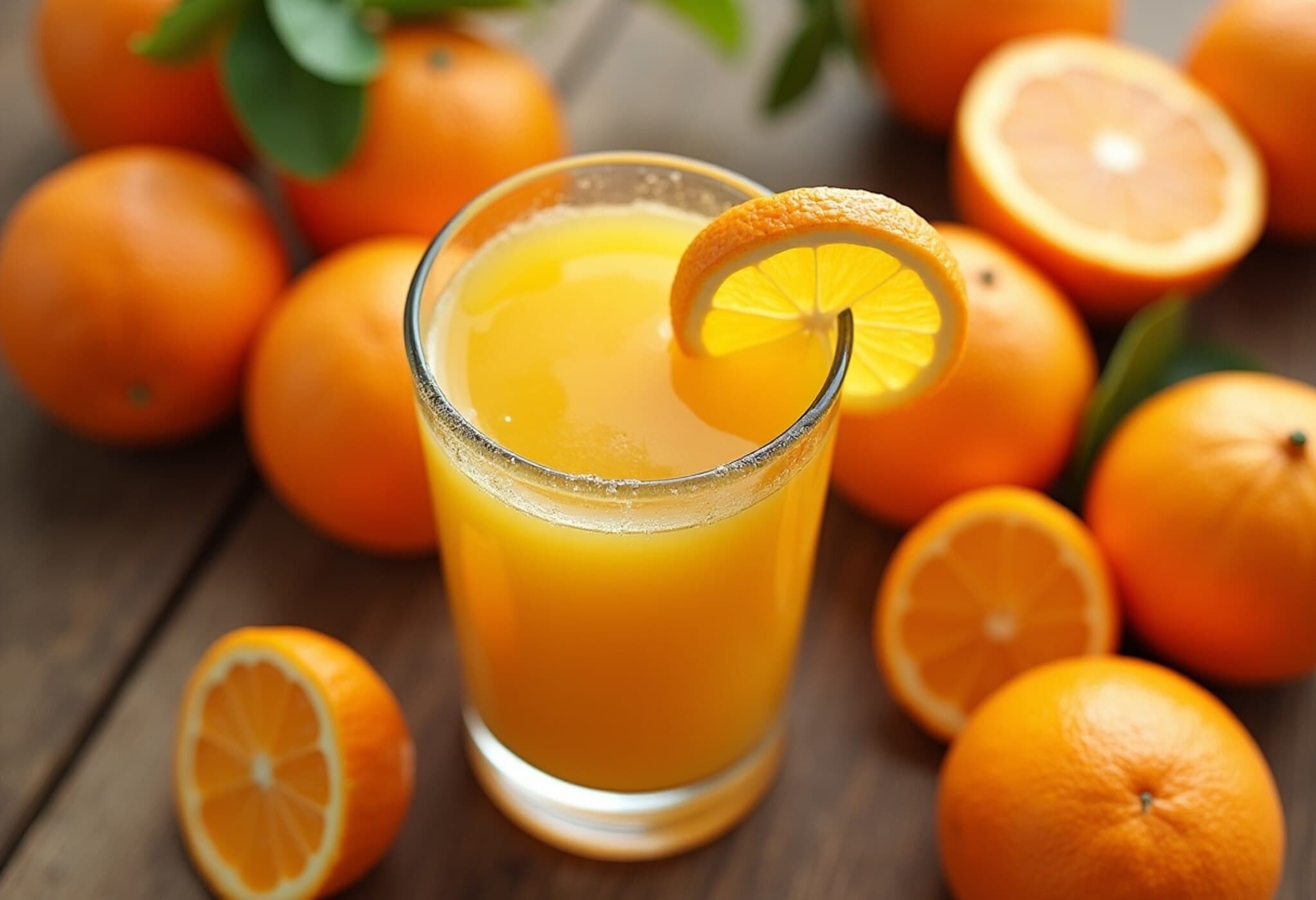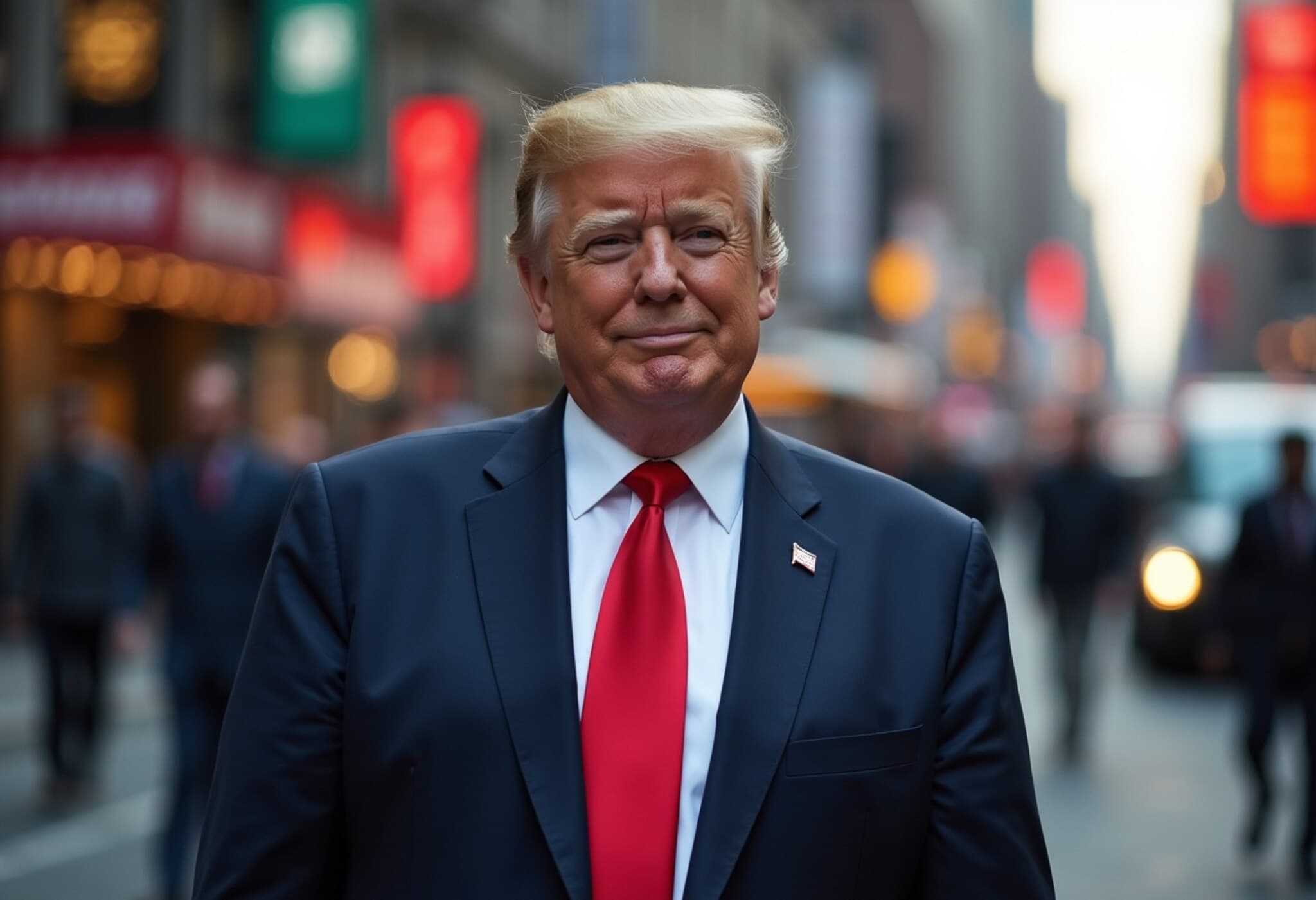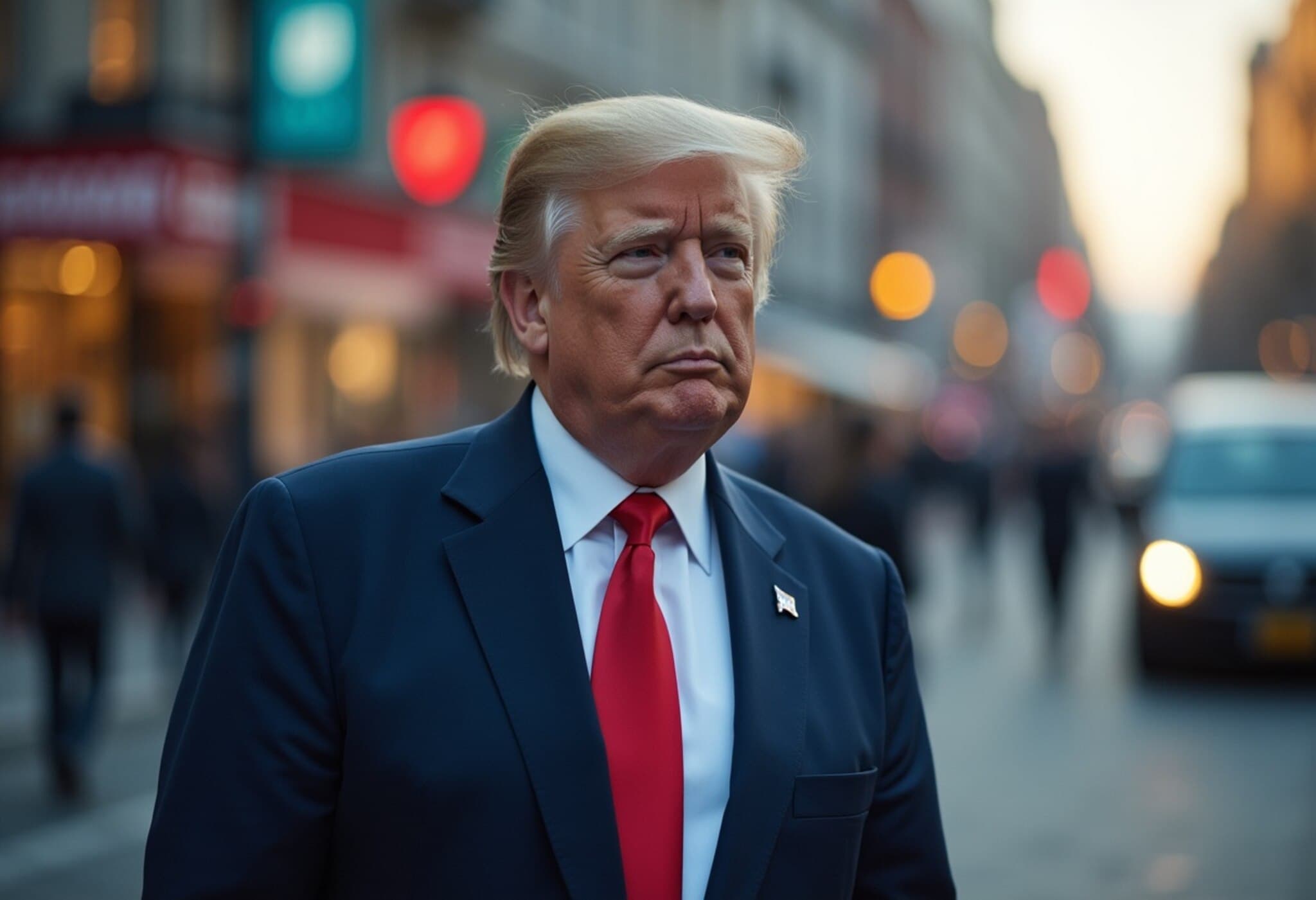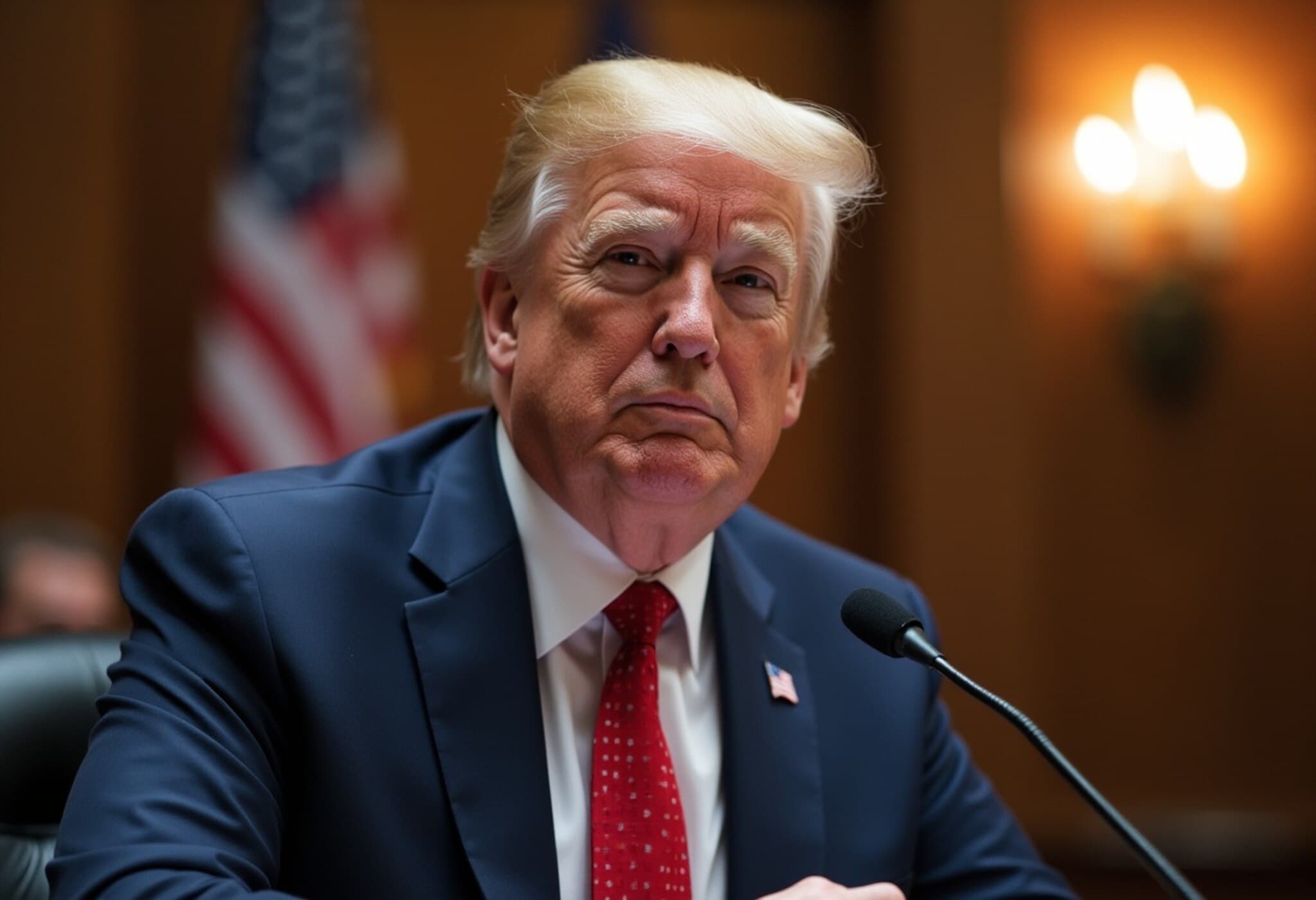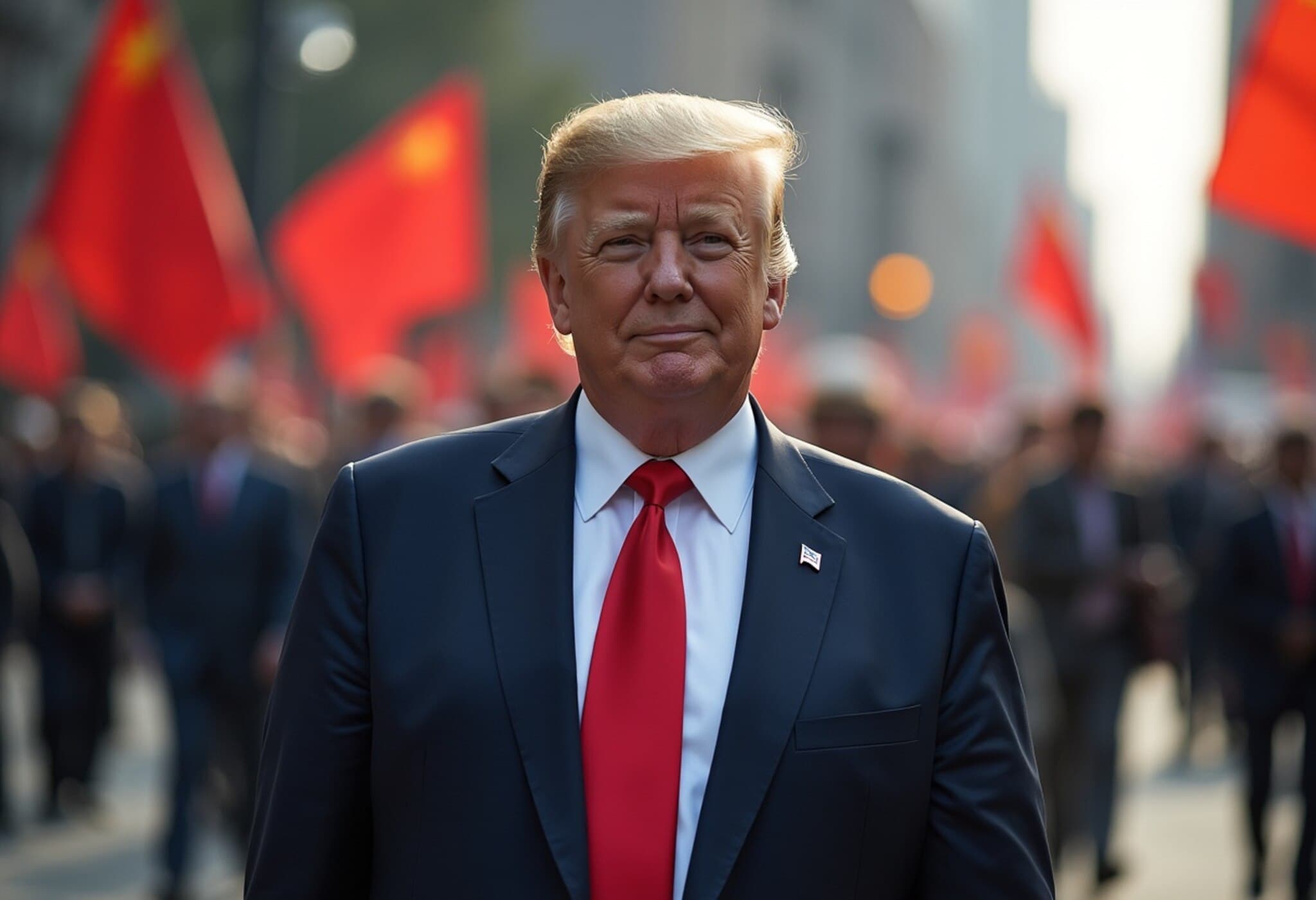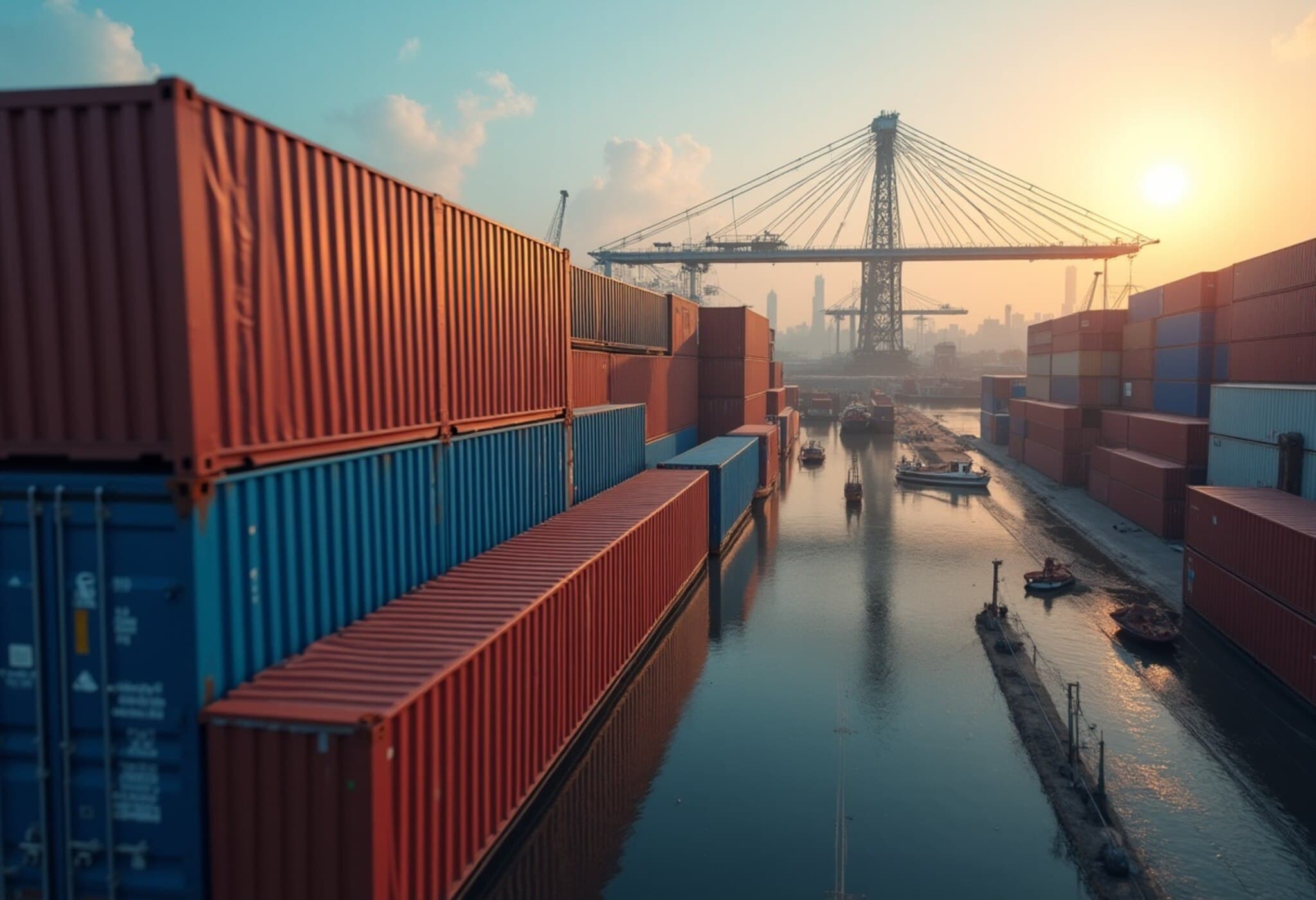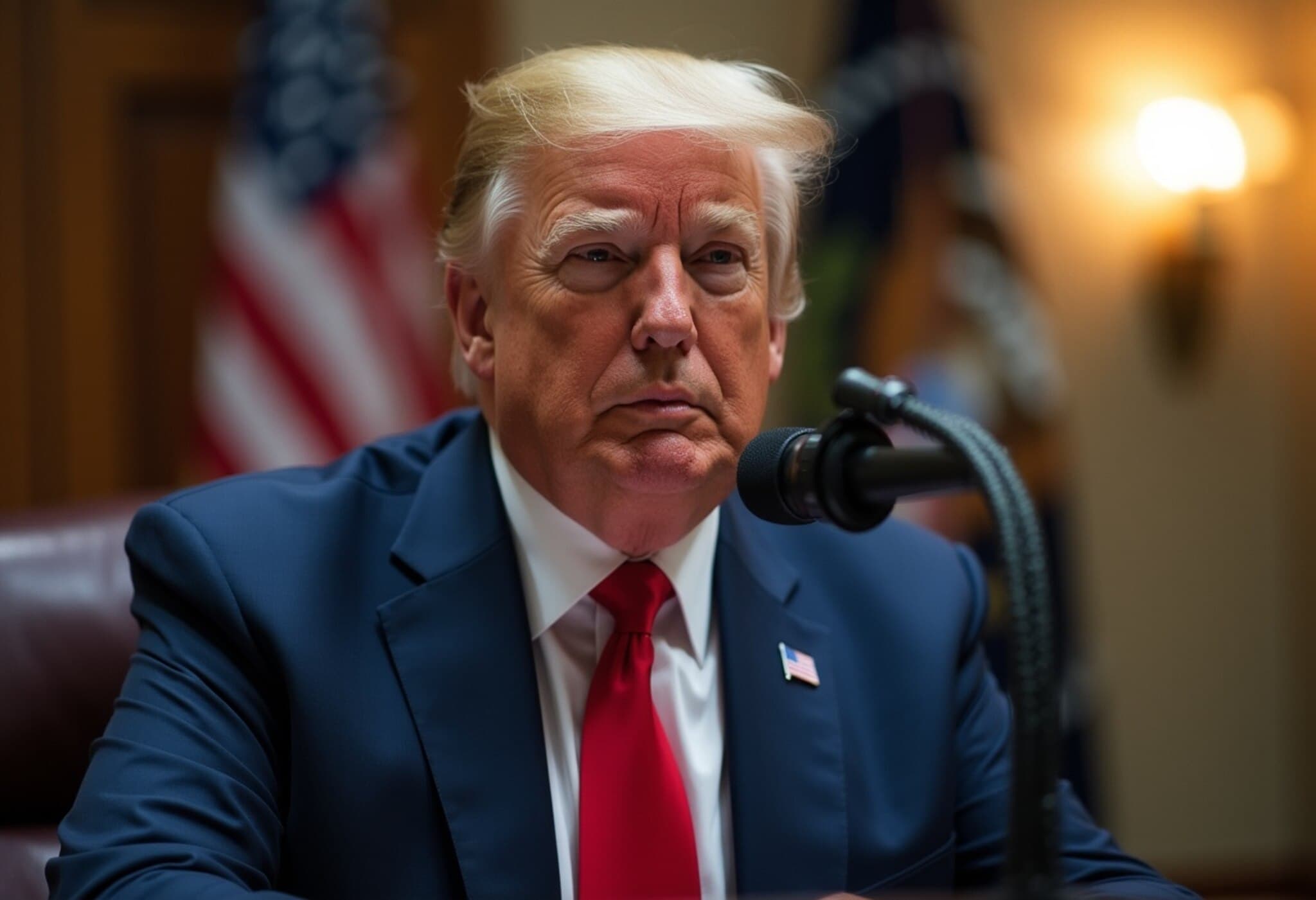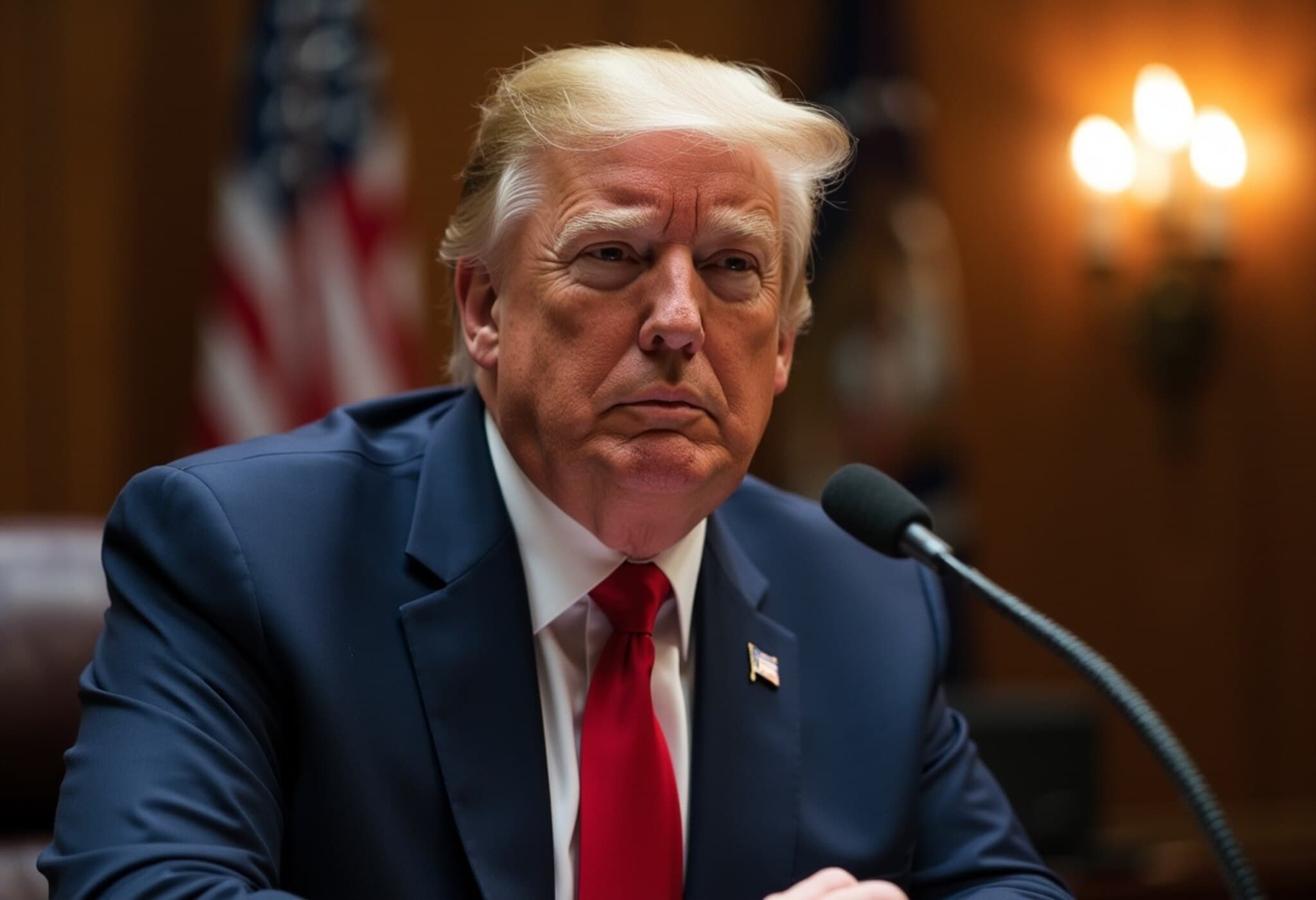US Orange Juice Prices Face Steep Hike Amid Tariff Dispute With Brazil
In a sharply contentious move, Johanna Foods, a small but significant American importer of Brazilian orange juice, is challenging President Trump's recently threatened 50% tariff on imports from Brazil. The tariff, set to take effect on August 1, 2025, could drive up orange juice prices by a staggering 20% to 25%, experts warn, severely impacting American consumers nationwide.
The Origin of the Tariff Dispute
The tariff announcement came via a July 9 letter from President Trump to Brazilian President Luiz Inacio Lula da Silva. The rationale cited by Trump includes alleged mistreatment of former Brazilian President Jair Bolsonaro, accusations of censorship against US social media platforms, and claims of unsustainable trade deficits—despite official data showing the US enjoys a trade surplus with Brazil in goods.
Adding complexity, Brazilian prosecutors have accused Bolsonaro, Lula da Silva, and Supreme Federal Court Justice Alexandre de Moraes of involvement in a controversial judicial scheme—a claim Bolsonaro denies. This political turmoil appears to underpin the US administration's justification for the aggressive tariff measure.
Johanna Foods: Standing Against What They Term an Unlawful Tariff
Johanna Foods, which supplies nearly 75% of the US market's private-label "not from concentrate" orange juice, argues the tariff lacks legal grounding. Their attorney, Marc Kaplin, underscored in court filings that the president's letter fails to invoke any statutory or executive authority to justify the tariff, potentially making it an overreach of presidential power under the International Emergency Economic Powers Act (IEEPA).
CEO Robert Facchina highlighted the profound economic implications: the tariff could impose a $68 million annual cost on Johanna Foods, surpassing any yearly profits since the company was established in 1995. He also warned of looming layoffs and production cuts at their facilities in New Jersey and Washington, jeopardizing nearly 700 American jobs.
Broader Economic and Consumer Impact
Orange juice prices have already been on the rise, with the average 16-ounce container up more than 5% over the past year, according to the Bureau of Labor Statistics. Futures prices, tracking global orange juice commodities, surged nearly 40% last month after the tariff threat.
- Major Retailers Affected: Johanna Foods counts among its clientele Walmart, Aldi, Wegman's, Safeway, and Albertsons, indicating widespread retail price impacts.
- Supply Chain Concerns: There is no domestic alternative in terms of quantity or quality to Brazilian orange juice concentrate, raising consumer availability concerns.
Legal and Policy Context
Johanna Foods' lawsuit asks the US Court of International Trade to rule that the president exceeded authority granted under IEEPA, which requires identification of a national emergency or unusual threat prior to imposing such tariffs. The White House maintains the tariffs are a lawful exercise of executive power aimed at protecting American workers and national security.
This legal battle spotlights critical questions about executive authority boundaries, the intersection of trade policy and political disputes, and the tangible economic consequences on everyday products—breakfast orange juice being a poignant example.
Expert Commentary
Trade policy experts note that imposing tariffs as a response to political disagreements, especially without clear economic justification, risks escalating trade tensions and harming consumers. The US-Brazil trade relationship is multifaceted and significant, with Brazil ranking as the 18th-largest goods import source for the US, bringing in over $42 billion in 2024.
Moreover, domestic reliance on Brazilian orange juice concentrate ties the lobbying interests of food suppliers, unions, and retailers into the policy debate. The situation underscores the complex ripple effects trade decisions can have on local employment, supply chains, and consumer prices.
Looking Ahead
As the tariff implementation date approaches, stakeholders from industry to policymakers will be closely watching the outcome of Johanna Foods' litigation. This case may establish important precedent regarding the scope of presidential tariff powers, particularly when framed within politically charged contexts.
Editor’s Note
While tariffs are a known tool for leveraging trade negotiations, this dispute reveals how entangled trade measures have become with political conflicts. The potential surge in orange juice prices reflects a broader concern about protecting consumers and jobs without sacrificing global trade partnerships. How will the courts balance executive authority with economic realities? And what does this mean for American families reaching for their morning glass of OJ?
As this story develops, readers should consider the delicate balance between national security, trade diplomacy, and everyday economic impacts—a balance that defines much of 21st-century global policymaking.

